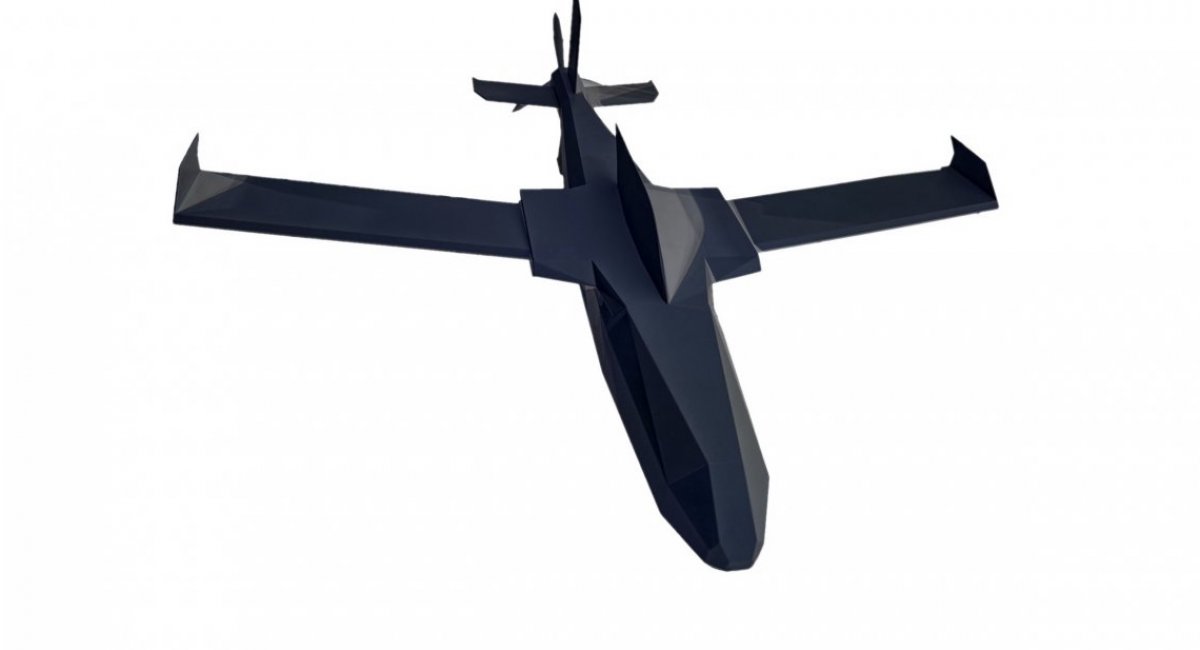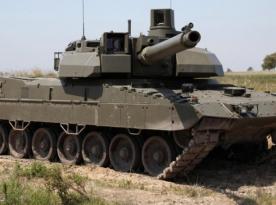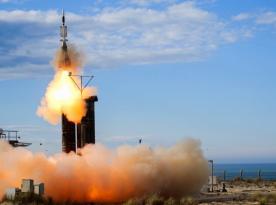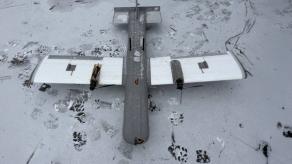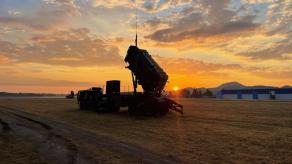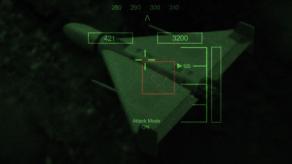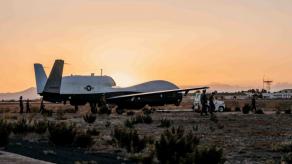The German defense giant Rheinmetall showcased a new loitering munition the FV-014 at last week's DSEI exhibition in London. Its first public display was accompanied by a terse message: "Rheinmetall UAVs battle-tested, scalable and fully certified."
Read more: Ukraine's Nexus Unit Downs Dozens of russian Reconnaissance Drones (Video)
In the photo, alongside the FV-014, was a model of the Hero 120 from Israeli Uvision, which Rheinmetall may produce under license. There can be no doubt about the Hero 120 it is truly battle-tested. By contrast, public awareness of the FV-014 has emerged only now, mainly through coverage by EDR Magazine; there are no mentions of the new design on the German company's website.
According to the outlet, the FV-014 is a classic loitering munition with a take-off weight of 14 kg and an electric motor. It has a folding wing and is launched from a transport-and-launch container. Range is quoted at 100 km and endurance at 60 minutes. Its warhead is a 5 kg dual-purpose HEDP (High-Explosive Dual-Purpose) shaped-fragmentation/cumulative type, capable of defeating armor up to around 600 mm and effective against less protected targets.
The FV-014's fuselage is rather unusual. Besides a distinctive fin, it features sharp faceted shapes. Those could indicate design choices aimed at radar cross-section reduction, or they might simply be driven by the fuselage manufacturing technology.
Rheinmetall claims the FV-014 can operate without satellite navigation signals and can be used in swarm tactics. The magazine reports the drone is in the final stage of development, has already completed flight tests and should enter the market soon.
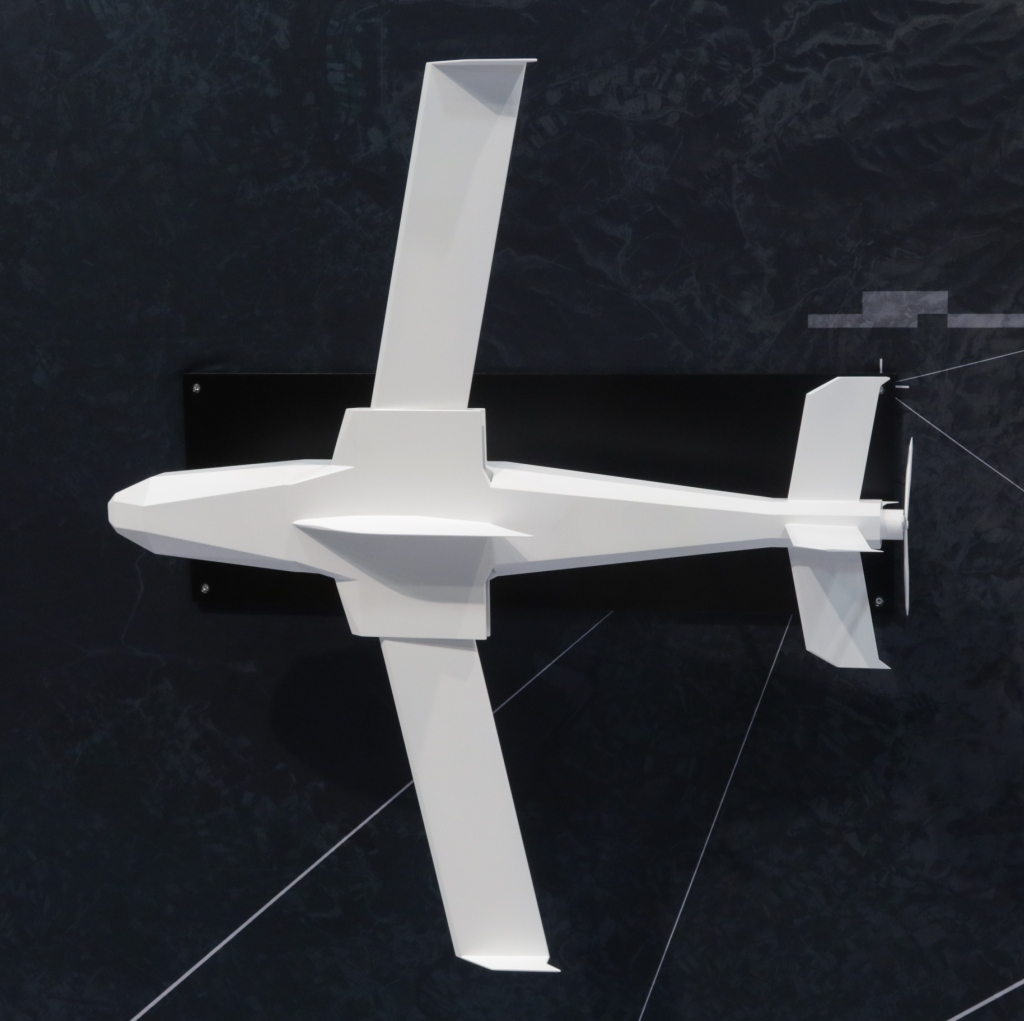
However, Defense Express notes this claim does not square perfectly with the company's wording that its UAVs are battle-tested. Given that contradiction, the cautious inference is that FV-014 prototypes may indeed have been trialed in real combat conditions and the only realistic test range for that would be the russia–Ukraine war. The alternative is that Rheinmetall is simply anticipating future events.
It is also noteworthy that Rheinmetall is developing its own loitering munition despite an agreement with Uvision. The practical reasons are straightforward and, diplomatically phrased, relate to certain marketing limitations for the Hero family due to its Israeli origin.
In practice this implies two things. First, Israel can block sales and re-exports of its equipment which it has done for Ukraine. Second, Israel's actions in the Gaza Strip are condemned by some European governments (for example, Spain has canceled contracts and imposed an embargo on Israeli weapons). Promoting a European alternative to Uvisions systems is therefore a logical step for Rheinmetall.
Read more: Zapad-2025 Showcases Belarusian Shafran System or Just Repackaged Chinese Laser?




